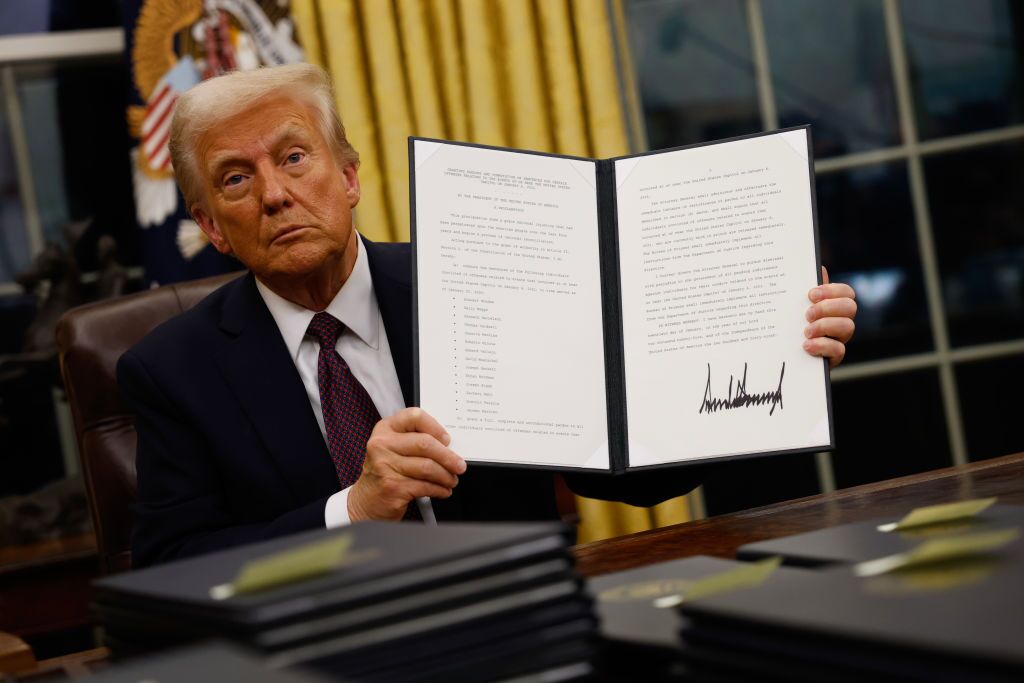Just over one month ago, the United States officially withdrew from Afghanistan after nearly twenty years. As the Taliban gained power, we watched major news outlets, as well as The Wick, report on the changes anticipated in Afghanistan while the U.S. evacuated troops and citizens. There was great debate and speculation about what would happen next for Afghan people. By now, the news cycle has moved on and many major media outlets have ceased their coverage of Afghanistan. Although American media has ceased most of its large-scale coverage, there have been many changes in Afghanistan since the end of the summer.
Since the Taliban has resumed power in Afghanistan, there has been both strong support and dissent by Afghan citizens. In some cases, this tension within the country has led to violent action. On October 8, an Islamic State (IS) suicide bomber killed 46 Shiite Muslims during worship in a mosque in the northern part of the country. AP News reported, “In its claim of responsibility, the region’s IS affiliate identified the bomber as a Uygher Muslim, saying the attack targeted both Shiites and the Taliban for their purported willingness to expel Uyghers to meet demands from China.” The Shiites targeted were Hazaras, a religious and ethnic minority that has long been a target of disrimination.
The Taliban is still struggling to gain international recognition from many countries. Since 2003, Russia has classified the Taliban as a terrorist organization, and contact with the group is punishable by law. However, Russia will host the Taliban in Moscow on October 20. According to AP News, “the [Russian] Foreign Ministry has responded to questions about the seeming contradiction by saying that its exchanges with the Taliban are essential for international efforts to help stabilize Afghanistan.” The Russian embassy in Kabul has remained operational, and an ambassador has already met with the Taliban in Afghanistan. As a result, the nature of Russia’s current relationship with the Taliban remains somewhat unclear.
In August, concerns about women’s rights issues were used as arguments for the U.S. to remain in Afghanistan and for the U.S. to accept more Afghan immigrants, as reported on in last month’s Wick article. Zabihullah Mujahid, spokesman for the Taliban, told the Associated Press that “The Taliban [will] honor women’s rights within the norms of Islamic law…The Taliban have encouraged women to return to work and have allowed girls to return to school.”. This promise has not been kept, as a large number of women in Afghanistan are facing opposition to their positions in society. The New York Times reports that many women are unsure about how long they will be able to continue attending university. About 220 women who formerly worked as judges are in hiding, says the BBC, as they fear that convictions they made in the past might cause them to be targeted by the Taliban . The common thread among all these reports is that many Afghan women are unsure about their futures and their now unstable place in Afghan society.










